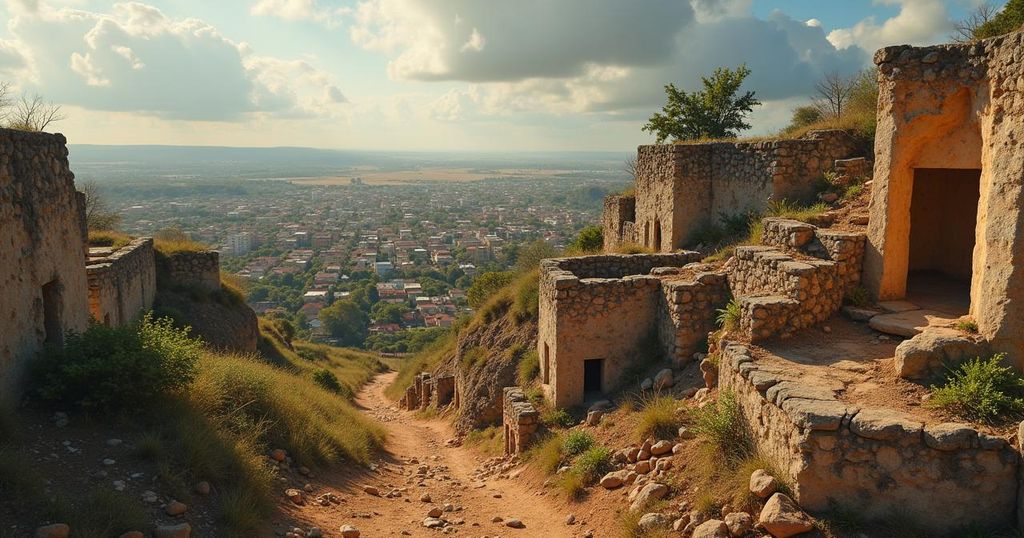Mozambique: From Colonialism to Independence and Revolution

This article explores Mozambique’s transition from colonialism to independence, highlighting the impact of the New State regime on local conditions, the formation of the Mozambique Liberation Front (Frelimo), and the subsequent civil conflict with the Mozambique National Resistance (Renamo). It examines the struggle for liberation, the political landscape post-independence, and the resolution of conflict through a peace agreement in 1992.
The evolution of Mozambique reflects a tumultuous history characterized by colonial dominion, a fervent quest for independence, and subsequent internal conflicts. Following a military coup in Portugal in 1926, a regime dubbed the ‘New State’ emerged, leading to intensified exploitative practices in Mozambique. The New State favored Portuguese settlers while manipulating systems of administration and education solely for their benefit, exacerbating the inequities faced by the native population. In the early 1950s, colonial investment patterns shifted as Portugal launched development plans to improve transportation and communication infrastructures. This move prompted an influx of Portuguese settlers seeking economic opportunities that were largely inaccessible to Africans. However, this influx sowed discord among the African populace, inciting a strong sense of discontent across various social strata. Amidst this backdrop, African political consciousness began to coalesce, culminating in the formation of the Mozambique Liberation Front (Frelimo) in 1962, with Eduardo Mondlane at the helm. Frelimo’s strategic pivot towards armed insurrection commenced in 1964, igniting a protracted struggle against Portuguese colonial rule. Despite suffering leadership losses, particularly the assassination of Mondlane in 1969, the movement gained momentum under Samora Machel’s leadership and made significant territorial advances. The turning point came in 1974 when a coup in Portugal prompted a cease-fire, granting Frelimo authority in the nascent independent state of Mozambique, officially proclaimed on June 25, 1975. The newly independent nation adopted a one-party system predominantly influenced by Frelimo, whose policies in the early years of governance encountered various challenges. Although Frelimo sought to align itself with other liberation movements, their decisions—such as severing ties with Rhodesia and hosting the African National Congress (ANC)—had profound economic repercussions. The government attempted sweeping social programs which, although ambitious, faced resistance, particularly in agricultural reforms aimed at communal farming. The emergence of the Mozambique National Resistance (Renamo) further destabilized the nation, leading to extensive violence and disruption. Following a protracted civil conflict fueled by foreign and internal opposition, a peace accord was reached in 1992, paving the way for political plurality in Mozambique. The agreement transformed Mozambique’s political landscape and concluded years of unrest, marking a new chapter in its national narrative.
The history of Mozambique is significantly shaped by its colonial past under Portuguese rule, marked by exploitation and mistreatment of the local populace. The New State regime established in Portugal intensified oppressive practices in Mozambique, reinforcing social divisions and fostering widespread resentment. The emergence of Frelimo as a response to these injustices was crucial in mobilizing support for an independence movement that resonated with the aspirations of many Mozambicans. The post-independence period saw Frelimo navigate the complexities of governance, nation-building, and external pressures, leading to a civil war that ultimately shaped the course of the nation’s development and political landscape.
Mozambique’s historical journey from colonialism through independence to civil conflict illustrates the profound impact of colonial policies on its societal structures and political dynamics. The determination of Frelimo to overcome colonial exploitation marked a significant chapter in Mozambique’s struggle for self-determination. Despite the challenges of governance and internal strife following independence, the eventual peace agreement in 1992 signified a hopeful transition towards a more inclusive political framework, setting the stage for Mozambique’s ongoing development.
Original Source: www.britannica.com







